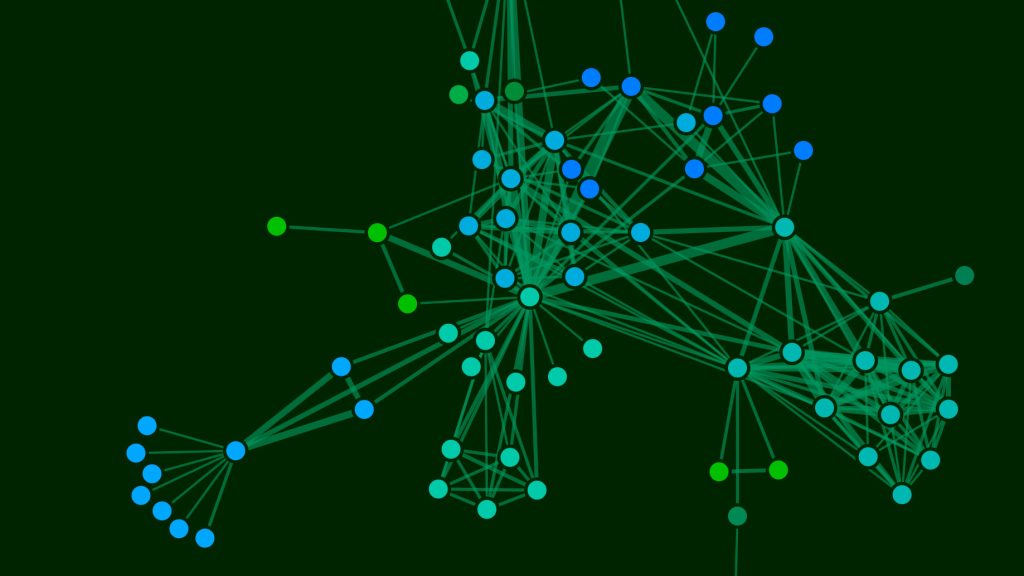
Research questions
The internet was designed as a decentralized network. Unlike all mass media before, everybody taking part is equal. Every consumer can also be a publisher. In the age of social media this is more true than ever.
But the social media networks run by a few powerful big tech companies show signs of decay. It becomes increasingly clear, that the primary goal is not the users’ well-being. They are designed for compulsive usage and binding their users’ attention, in order to sell advertising space and data. Their intransparent algorithms propagate filter bubbles and outrage. And users are starting to take notice.
On the other hand writers, artists and other content creators perceive that they are loosing control over their creations. They are locked in a platform ruled by optimising revenue.
In our research we are looking for alternatives. Our design research revolves around: What are the next iterations of personal publishing? Where do we go after leaving Facebook, Twitter, Instagram and TikTok? What tools do we need for healthy human discourse and social interaction? And which technologies will support it?
Methods
Our research methods rely on experimentation. Based on hypothesises we design and build opinionated software. Prototypes are evaluated under real-life conditions by actual users in order to generate new insights for the next iterations.
Goals
Creators in control
At any time, users should be in control over their original content. They should be able to publish, alter and delete independently easy transferable in open data formats, and safe for the future. In which contexts and designs it is presented to whom.
Supporting humans
We think personal publishing on the internet should be easy for anybody. We aim for a wide audience, accessibility and usability.
Future-proof
All generated data should be saved in widely-used open-source formats that are as compatible, portable and human-readable as possible. The data should be usable not only in our own software, but in any future systems.
We rely on free and open technologies that stood the test of time and will have the widest support in the future. For example: The languages and protocols running the web are free to use and widely accepted. HTML, CSS and Javascript are in active development, reliable and independent of companies or copyright restrictions.
If there is no technology sufficient for our goals, we search for possible solutions in development and offer our support.
Open access and cooperation
We freely share our insights as soon as possible, including useable alpha and beta versions of our software. We are very interested in teaming up with anybody sharing our vision. Please get in contact.
Team
Prof. Tilman Zitzmann is teaching Digital Experience Design at the Design faculty of Technische Hochschule Nürnberg Georg Simon Ohm. He is passionate about how people express themselves on the internet and uses his own personal website as a playground for his designs and technologies since 1998.
Max Häßlein is building visual objects and auditory tools, making films, taking photographs and is coding websites among other things. His website is https://www.maxhaesslein.de.
